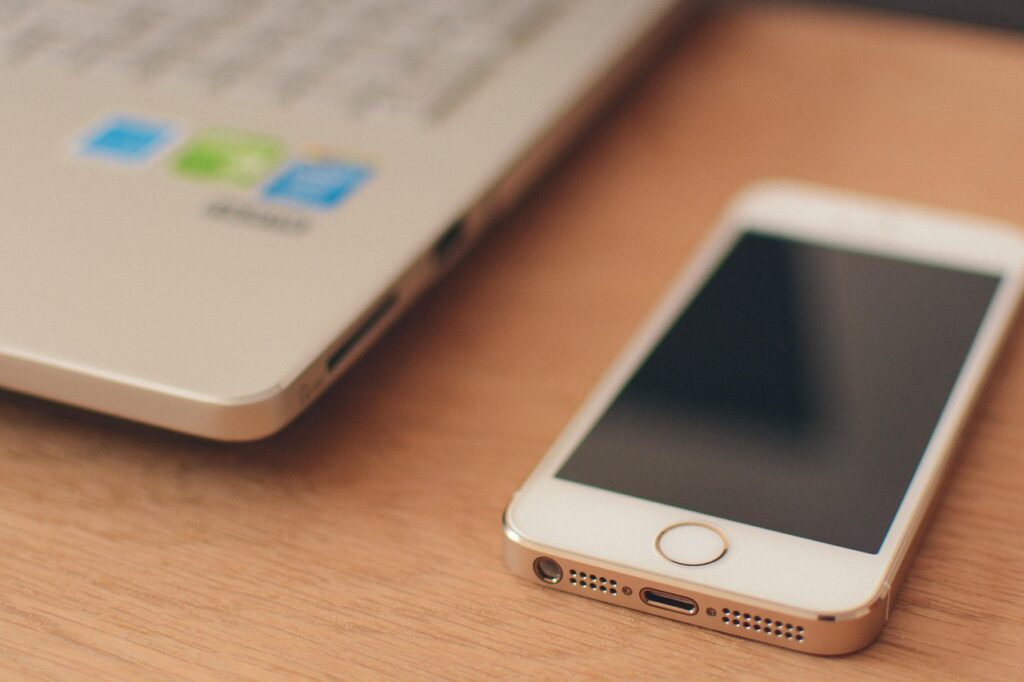South Korea has approved a law that prohibits smartphones and other smart devices in classrooms. The country joins others worldwide restricting phone use among children and teenagers.
The new measure will take effect in March 2026. Both ruling and opposition lawmakers backed it. They say the ban is needed to curb smartphone addiction, which research increasingly shows to be harmful.
Parents and lawmakers demand restrictions
Supporters argue that phones disrupt lessons and lower academic performance. They say students lose study time and struggle to concentrate. Parents believe constant scrolling prevents children from developing friendships or hobbies.
Many students remain unconvinced. They question how teachers will enforce the rule and whether it truly addresses the causes of addiction.
The bill passed parliament on Wednesday with 115 votes in favour out of 163 present.
Other countries already taking steps
Many South Korean schools already impose partial bans. Finland and France have introduced restrictions for younger pupils. Italy, the Netherlands and China extended bans to all schools. South Korea now becomes one of the few to enshrine such a measure in law.
“Children just cannot put their phones down,” says Seoul mother Choi Eun-young, whose daughter is 14.
Rising dependency among teenagers
The issue extends beyond schools. A 2024 survey showed nearly a quarter of South Korea’s 51 million people depend too heavily on their devices. Among those aged 10 to 19, the figure climbs to 43%.
More than a third of teenagers admit they cannot stop scrolling videos online. Parents worry this habit takes away time for learning and social interaction.
“When they go to school, they should study and build friendships,” Ms Choi says. “Instead, they keep turning back to their phones.”
Parents also fear cyberbullying, with children trading harsh insults on social media.
Politicians warn of health risks
Cho Jung-hun, the opposition lawmaker who introduced the bill, says he acted after watching other nations take similar steps. He points to scientific evidence linking smartphone addiction to damage in brain development and emotional growth.
The law bans phones during class but allows use for emergencies, education, or by students with disabilities. It also requires schools to teach responsible phone use.
Teachers voice mixed reactions
Educators remain divided. The conservative Korean Federation of Teachers’ Association supports the ban, saying it strengthens discipline. A survey found 70% of teachers faced disruptions caused by phones. Some reported students swearing or even assaulting them when told to put devices away.
The Korean Teachers and Educational Workers’ Union has no official position. Some members say the ban could violate student rights. Others note children rely on apps like KakaoTalk to keep in touch outside school and cram academies.
Exam culture overshadows the debate
Critics argue the ban overlooks the country’s deeper problem: the pressure of the national college entrance exam, Suneung. The test lasts eight hours and shapes university admission, career prospects and income.
Students start preparing from their first school year. A 13-year-old explained he has no time for addiction, as tutoring and homework often keep him awake past midnight.
Many young people call for guidance rather than punishment. “We should first learn how to live without phones,” says 18-year-old Seo Min-joon, who speaks against the law.
He believes the ban misses the point. “Students will still use their phones at night or on the way home,” he says. “There has been no real education on healthy use, only confiscation.”


